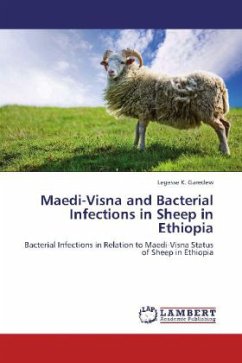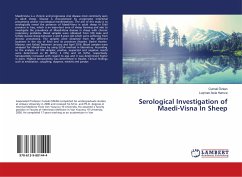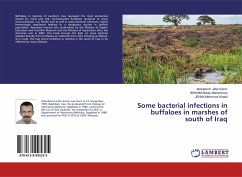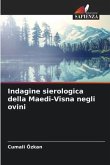Maedi-visna is a persistent viral disease of adult sheep caused by lentivirus infection. Maedi-visna is associated with progressive mononuclear cell inflammatory lesions in lungs, joints, udder and central nervous system. Maedi-visna virus persists and replicate in the presence of host specific immune response and cause immune mediated lesions in several organs and systems. It induces immunosuppresion by affecting macrophage activity thus predisposes for secondary infections. Among secondary infections, bacterial pathogens have drawn a series attention due to varied clinical manifestations, severity and emergency of resistant strains to a number of chemotherapeutic agents. Hence, there is a need to analyze the extent of involvement of different pathogenic bacteria agents in Maedi-visna so that appropriate control measure could be implemented. The most compelling evidence of infection is obtained by isolation and identification of causative agents. Accordingly, a detailed investigation undertaken to identify various bacterial isolates involved in Maedi-visna and to analyze their antibiogram pattern against chemotherapeutic agents in veterinary medicine practice are discussed
Bitte wählen Sie Ihr Anliegen aus.
Rechnungen
Retourenschein anfordern
Bestellstatus
Storno








